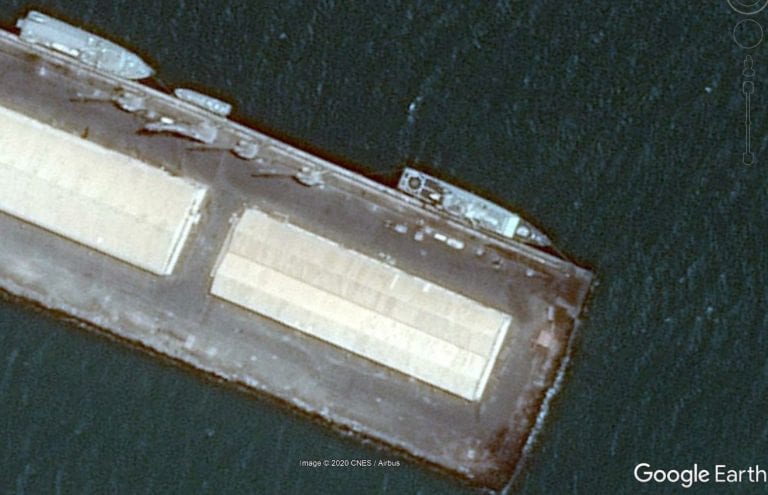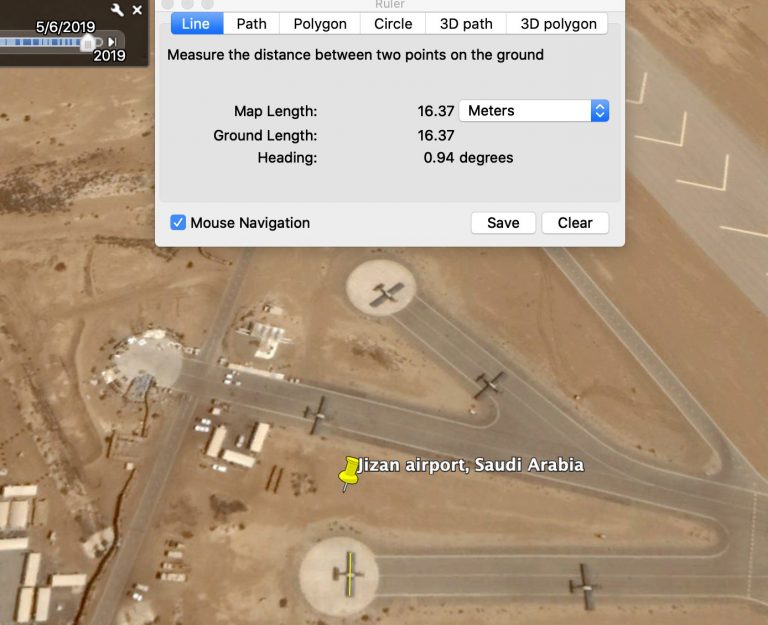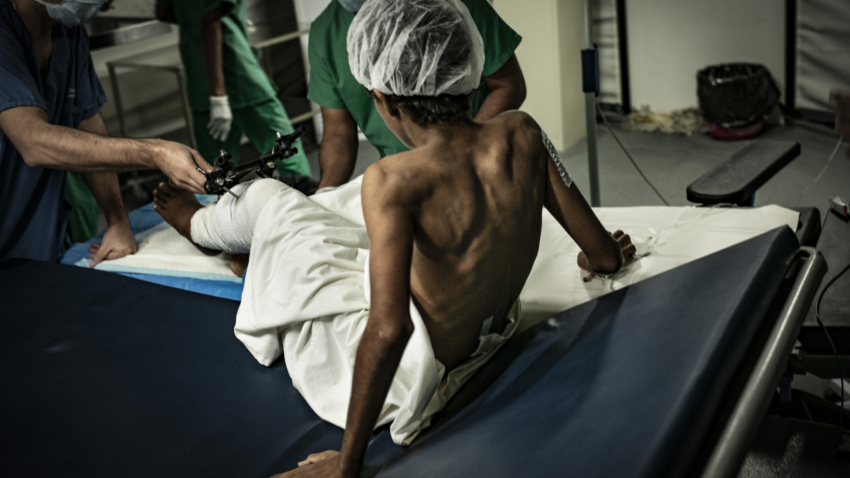Possible war crimes
The war in Yemen broke out in 2015, when Houthi militia overthrew the country’s government, which is supported in part by Saudi Arabia and the United Arab Emirates.
The war has killed more than 100,000 people and, according to Oxfam’s country manager in Yemen, Muhsin Siddiquey, has made 80 percent of the country’s population dependent on aid.
Both the UN, human rights organizations and independent experts believe that the Emirates is co-responsible for serious human rights violations and possible war crimes in Yemen.
More than ten million people are starving – partially because of a Saudi-led naval blockade that the Emirates has helped to maintain throughout much of the five-year war, preventing emergency supplies and food from reaching Yemeni civilians.
In addition, the Emirates has continuously carried out air strikes on civilian targets, including schools, hospitals and civilian residential areas.
“The Emirates is deeply involved in the blockade of Yemen. The blockade has had catastrophic consequences for the civilian population and is contributing to extensive famine because food and medicine supplies cannot enter the country,” says Trine Christensen, Secretary General of Amnesty International in Denmark.
She emphasizes that the United Arab Emirates is also responsible for a large proportion of the aerial bombardments that result in a disproportionate number of civilian casualties in Yemen.
Christensen’s assessment is shared by Professor Frederik Harhoff.
“Of course, only a court can decide whether or not what is going on in Yemen is a war crime. But it smells strongly of war crimes and crimes against humanity,” he says.
Illegal arms exports
As early as 2015, Amnesty International warned that arms exports to Saudi Arabia and the United Arab Emirates were in violation of international law. In 2019, a UN Group of Eminent Experts on Yemen created by the UN Human Rights Council, released a UN report suggesting that countries exporting weapons and military equipment to the Saudi-led coalition may be co-responsible for war crimes.
The panel concluded that arms-exporting countries are helping to prolong the armed conflict and humanitarian crisis in Yemen.
This assessment also applies to Denmark and Danish companies exporting equipment to the warring parties, said Charles Garraway, an associate professor at the Center for Human Rights at the British University of Essex.
He was until recently a member of the UN panel of experts behind the report and closely follows developments in Yemen.
“If Denmark supplies military equipment to members of the Saudi-led coalition for use in the conflict in Yemen, then Denmark will help prolong the conflict and the suffering of the Yemeni people,” he told Danwatch.
This statement is backed by Muhsin Siddiquye, the country manager of the international development organization Oxfam in Yemen.
“It is a paradox that countries like Denmark support Oxfam and other humanitarian
organizations’ work in Yemen with the one hand and allow the sale of military equipment used to bomb us and prevent emergency aid from reaching,” he says.
“We understand that Denmark and Danish companies have financial interests in selling military equipment, but if all countries continue to do so, we will never stop the war,” says Muhsin Siddiquye.
Warships in action
The Emirates has participated in the Yemen war since it broke out in March 2015, but for the first time, Danwatch, TV2 and Lighthouse can now document that the country is using ships with Danish-produced radar equipment on board to prevent emergency aid vessels from reaching more than ten million starving Yemenites.
These actions occur as part of the heavily-criticized naval blockade of Yemen. The blockade is led by Saudi Arabia, but the Emirates has regularly participated with one or more warships equipped with the Danish Scanter 2001 radar system that Terma produces.
These systems can be seen from an overview of the ships’ equipment that the reputed military research center Jane’s Information Group has prepared.
The Emirates’ participation in the blockade is evident from a video from 2015 that Danwatch, TV2 and Lighthouse have detected.
The video is recorded by local Emirate TV station Aloom al-Daar and shows how the Emirate warship Al-Dhafra stops and borders a cargo ship off the coast of Yemen as part of the blockade.



